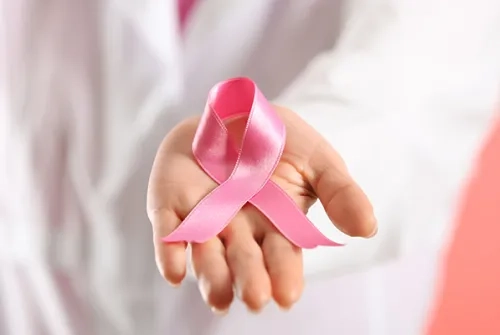Alo Yeditepe
Alo Yeditepe
Endometrial Cancer
Endometrial cancer is shown as the most common gynecological cancer in developed countries. In developing countries, it ranks second among gynecological cancers. The risk of incidence in the United States is higher than in other countries. High obesity rates in the American population are thought to be an important risk factor.
A significant relationship was also found between obesity and endometrial cancer, it was stated that the mortality rate due to endometrial cancer is higher in obese patients, and it was emphasized how important it is to take precautions against weight gain.
Who Experiences Endometrial Cancer?
The age of incidence is between 55-64 years. In endometrial cancer, which has two types, type 1 which is dependent on estrogen hormone is seen more frequently with a rate of 85%. It mostly occurs at young ages. The other is typing 2 endometrial cancer, which is not dependent on hormones and occurs in older women.
What are the Risk Factors of Type-1 (Endometrioid Type) Endometrial Cancer?
Women who have menstrual periods without ovulation are at risk for endometrial cancer. As in untreated polycystic ovarian disease, the endometrium is under the influence of the estrogen hormone continuously, therefore obesity, having never given birth, diabetes, and high blood pressure are among the risk factors. Chemotherapy drug (Tamoxifen) for breast cancer that has to be taken for years, hormone replacement therapies that do not contain enough progesterone hormone and contain estrogen hormone, used for menopausal complaints, and estrogen-secreting ovarian tumors are risk factors for the intrauterine tissue, which is constantly under the influence of estrogen hormone. Therefore, during the use of such drugs, gynecological and ultrasonographic examinations should be done every 6-12 months, and endometrial biopsies should be taken into consideration in the follow-up if it is necessary to evaluate the bleeding that may occur.
The risk of endometrial cancer caused by estrogen-effective herbal medicines (phytoestrogens) used to relieve hot flashes and other complaints during menopause is still controversial, since the estrogen hormone level encountered by the body is not clear.
This content was prepared by Yeditepe University Hospitals Medical Editorial Board.
”
See Also
- Contraceptive Methods: Birth Control and Effective Protection Options
- What is Vaginal Infection? What are the Symptoms?
- What is HPV? What are the Symptoms of HPV? How is it Transmitted?
- Frequently Asked Questions About HPV Vaccine
- Can Women With Gynecological Cancer Have Children?
- Can Cervical Cancer in Women Be Prevented?
- All You Need to Know About Cervical Cancer
- Be Careful When Consuming Sage During Pregnancy
- HPV Infection Also Affects Men, Not Just Women
- Do Ovarian Cysts Prevent Childbearing?
- No Obstacle to Having Screening Tests in Gynecological Cancers
- Men Should Also Be Vaccinated Against Cervical Cancer
- Urinary Incontinence Causes Depression in Women
- Ovarian Cancer
- External Genital Area (Vulva) Cancer
- Can Cervical Cancer Be Prevented in Women?
- Pregnancy Helps Reduce the Risk of Uterine Cancer
Alo Yeditepe



